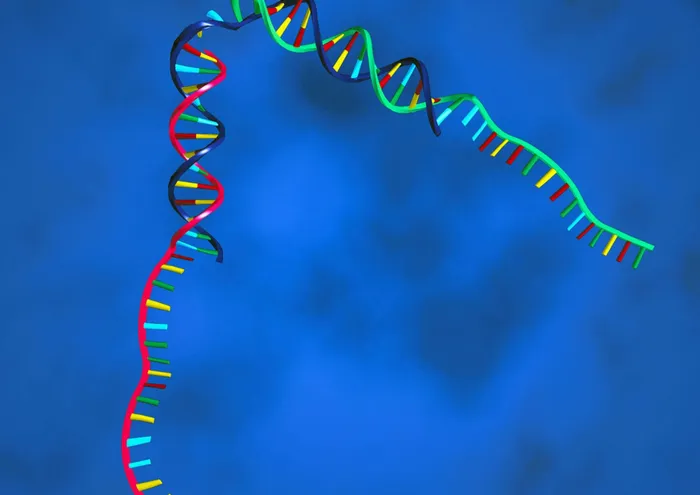Gene mapping shows promise, challenges

Chicago - These days, it's faster and cheaper than ever to decipher a person's entire DNA. But a preliminary study in 12 healthy people suggests that looking for disease risks that way may not be ready for the masses.
For one thing, the Stanford University research found that gene variants most likely linked with significant disease were the least likely to be accurately identified.
Whole genome sequencing is mostly done for research. But it has far-reaching potential for diagnosing and treating genetic diseases, even in people with no known risks.
A strong genetic risk for breast and ovarian cancer was found in one woman in the study and she had preventive surgery.
The study was published on Tuesday in the Journal of the American Medical Association. - Sapa-AP